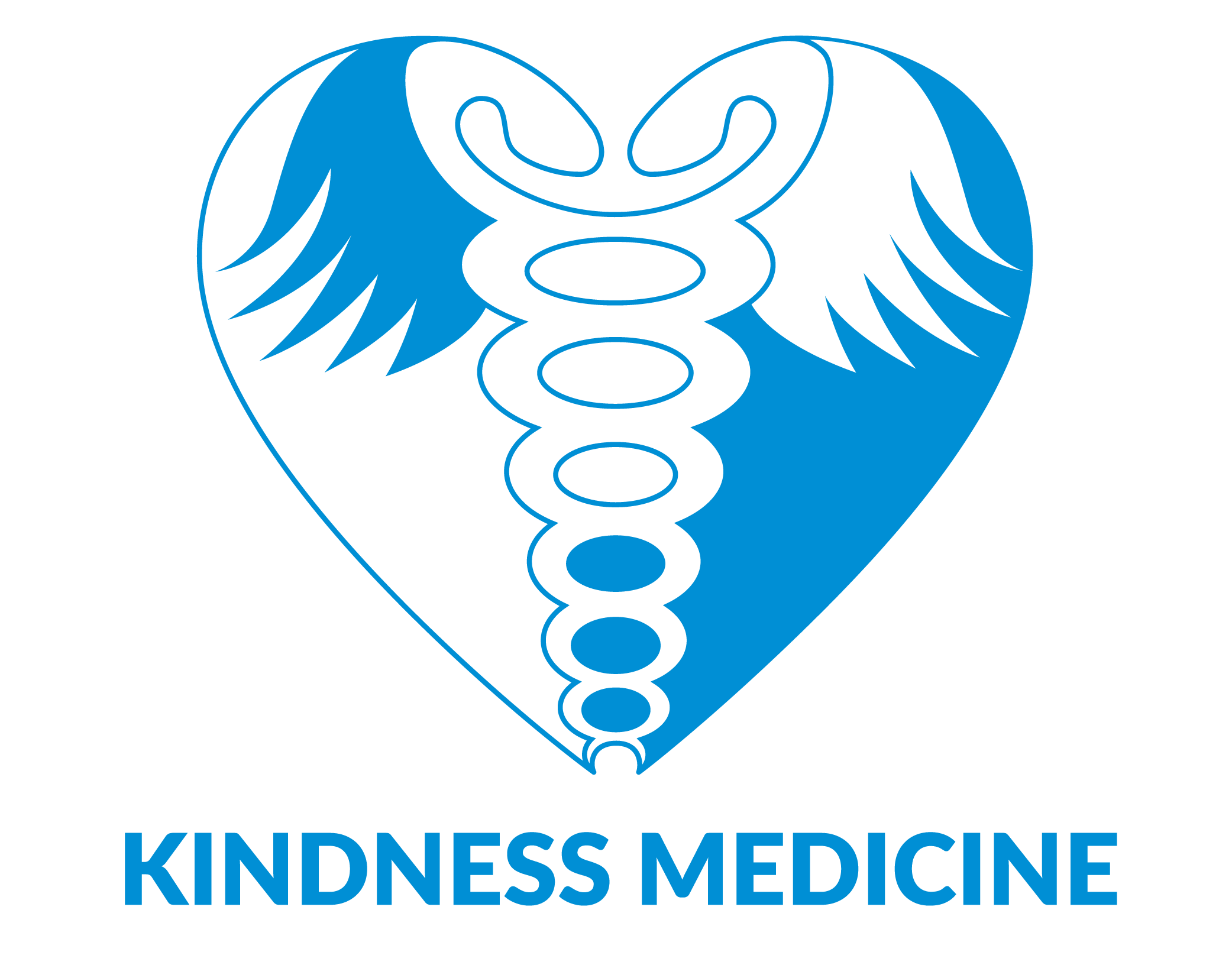For centuries, physicians and researchers have taken an interest in hypnotherapy. They have been driven by a simple question: Does hypnotherapy provide medical benefits?
Today, we have decades worth of research that says, yes, hypnotherapy can help alleviate a variety of conditions, from helping people quit smoking to reducing depression. In this article, you will learn what hypnotherapy is and the top 10 proven benefits of doing hypnotherapy.
What is Hypnotherapy?
You may be thinking hypnotherapy involves “You are getting very sleepy”, but you are wrong. Hypnotherapy is a form of therapy that uses hypnosis as either a standalone or supplemental treatment. You can benefit your health using hypnotherapy in a variety of ways.
Sometimes talk therapy does not work for people because you keep rehashing old memories over and over and do not rewire your brain to respond differently.
How does hypnotherapy work?
In order to practice hypnotherapy you need to enter into hypnosis. This is a deeply relaxed state in which the mind becomes more responsive to discussion and suggestions. Hypnosis for health benefits should only be conducted by health care professionals who are properly trained and credentialed.
According to the American Society of Clinical Hypnosis (ASCH), the “state of inner absorption, concentration and focused attention” brought on by hypnosis may help us use our minds more powerfully. [1]
7 Health Benefits of Hypnotherapy
Hypnotherapy can be used to help improve the success of many treatments for several conditions for various conditions.
- Ease Chronic Pain. Pain is a signal that is helpful, but in the case of chronic pain, the nervous system may still be relaying the pain signal even after the body has healed. Hypnosis is perhaps most well-researched in the context of managing pain. Two meta-analyses of existing pain and hypnosis research, published in 2000 and 2009, deemed hypnosis effective at lowering pain associated with a number of conditions, including fibromyalgia, arthritis and cancer. [2]
- Relieve Phobias, Fears and Anxiety. Anxiety, fear and phobias are very common emotional disorders that affect millions of Americans a year. Hypnosis can work to identify the root of your stress or anxiety whether it be situational, physical or based on an issue from your past. The subconscious mind is what makes you feel anxious and drives bad habits. During a hypnotherapy session you keep the memory the same, but you change your reaction to help ease anxiety or fears.
- Sleep Better. Are you not getting enough sleep? This can lead to chronic health problems, such as heart disease, obesity and depression. While you can use a remedy such as medication or meditation, another option is hypnotherapy. Sleep is primarily managed by the subconscious mind. So worrying about sleep is also one of the main reasons you can’t fall asleep. By removing anxiety and fear of not getting a good night sleep, then you will get a good night sleep.
- Improve your Irritable Bowel Syndrome (IBS) Symptoms. The effectiveness of hypnosis on IBS has been consistently supported by clinical studies. IBS is abdominal pain created by your bowels, and hypnosis can help improve symptoms such as constipation, diarrhea, and bloating. See study here. [3]
- Calm your Stress & Relax. Learning how to relax and stress less is easier said than done. We live in a society that thrives on a fast-paced lifestyle. Learning how to relax may not be at the top of your priority list, but for the long term, it will calm your nervous system and result in less chronic disease down the line for you, including weight gain, hypertension, depression, anxiety and rage. Controlling stress can help us live happier, healthier lives. Yet, stress is amplified by our subconscious thoughts. Therefore, through hypnosis, we can begin to gain a firmer grasp on stress and reduce the number of stressors in your life.
- Grief and Loss. Losing a loved one or dealing with a national tragedy can be debilitating, resulting in anxiety, insomnia and depression. Hypnotherapy can help by providing positive suggestions to help cope with symptoms of grieving and help them find ways of dealing with the loss as time passes.
- Stop smoking or overeating.
Changing habits is not easy. There are many remedies that can help you, such as herbal remedies, behavioral therapy or acupuncture to help you stop your bad habit, but hypnotherapy could be your answer to kicking the habit for good. By allowing yourself to get rid of the emotional factors that prevent you from overeating or picking up a cigarette, this can substantially impact a positive result.
A 2007 study found that compared to other types of smoking cessation methods (including cold turkey and nicotine replacement) hypnotherapy was much more effective at helping smokers quit. At six months, 50 percent of the hypnotherapy group were non-smokers compared to just 16 percent in the nicotine replacement therapy group. [4]
Is Hypnotherapy Dangerous?
You may be thinking that hypnotherapy is dangerous, but think again. Hypnotherapy is a safe procedure when done by a trained therapist. Hypnotherapy is not mine controlling or brainwashing. A therapist cannot make a person do something they do not want to do.
Final Thoughts
Hypnotherapy may not be mainstream yet, but we have decades worth of research that proves hypnotherapy can help alleviate a variety of conditions, from helping people quit smoking to reducing depression. Now it is up to health care professionals to integrate this into their treatment plans with patients or for patients to inquire with their doctors and therapists.
- American Society of Clinical Hypnosis. https://www.asch.net/Public/GeneralInfoonHypnosis/GeneralInfoTemplate.aspx
- Int J. Clin Exp Hypn.. https://pubmed.ncbi.nlm.nih.gov/10769981/
- American Psychological Association. https://www.apa.org/topics/hypnosis/media?item=2
- American College of Chest Physcians – https://www.sciencedaily.com/releases/2007/10/071022124741.htm

